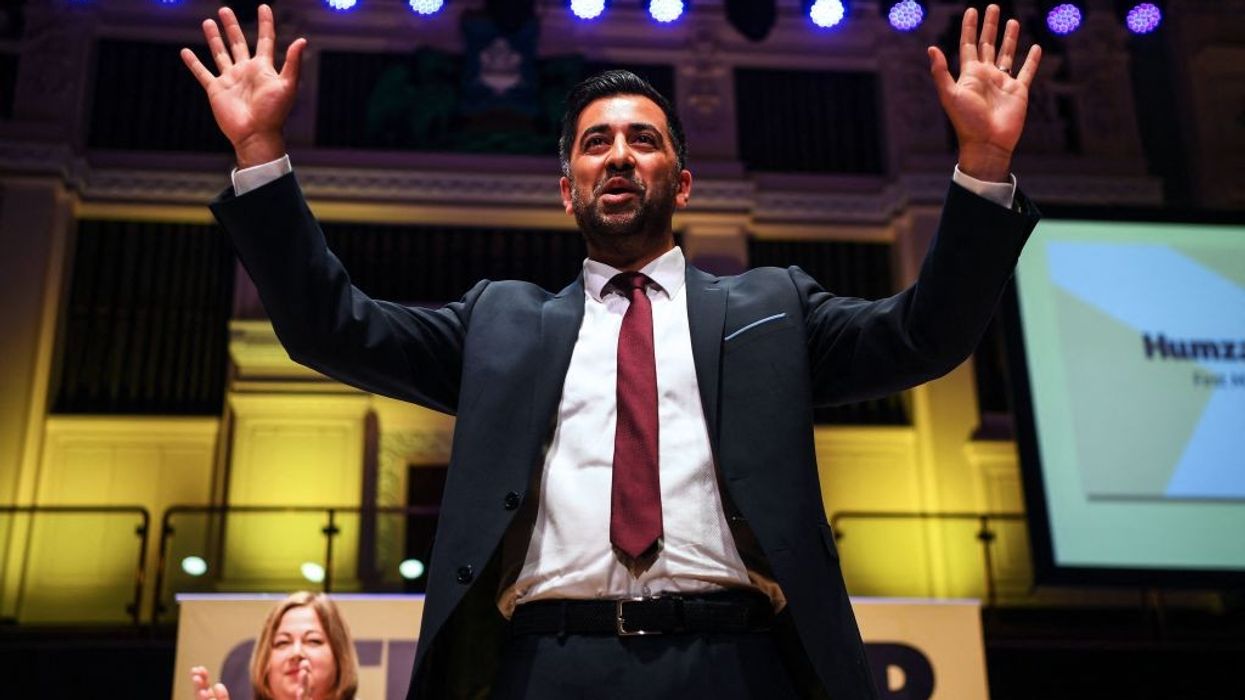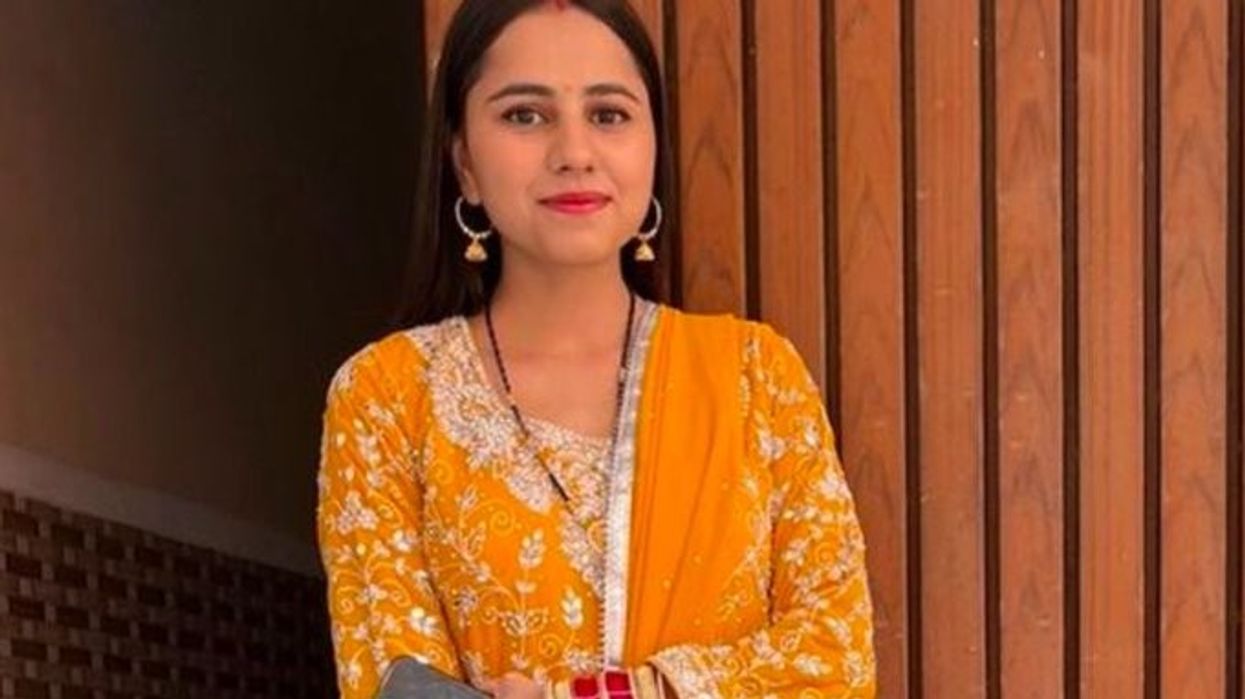THE Scottish National Party (SNP) will fight the next UK general election with independence "front and centre" of its campaign, first minister Humza Yousaf said on Saturday (24).
At a party conference in Dundee, Yousaf vowed he would seek fresh negotiations with the government about independence if the SNP wins the most Scottish seats in the election expected next year.
"Let me be clear, if the SNP does win this election, then the people will have spoken," he said.
"We will seek negotiations with the UK government on how we give democratic effect to Scotland becoming an independent nation."
Yousaf's remarks come as public support wanes for the SNP after the arrest of its former leader and first minister Nicola Sturgeon, known for her pursuit of the independence movement.
The Dundee meeting is the first in-person conference since Yousaf, 38, replaced her in March, and the party started to see a drastic slide in its popularity.
Sturgeon, who came to power after the last - failed - 2014 referendum on Scotland breaking away from the UK, unexpectedly announced her resignation in February, saying she lacked the "energy" to carry on.
She was arrested and interviewed by police earlier this month over claims of mismanagement of SNP finances, weeks after her husband, the party's former chief executive, had also been detained.
Both denied any impropriety and were released without charge.
The SNP currently has 64 members of the Scottish parliament (MSPs), out of a total of 129 - and governs in a coalition with the pro-independence Greens.
It represents 48 of Scotland's 59 constituencies in parliament.
But in the wake of the funding scandal, polls show sharp drops in support for the party.
A recent YouGov survey suggested it would haemorrhage seats if a general election were held now, losing nearly half its seats.
Labour - which wants Scotland to remain part of the UK with along England, Wales and Northern Ireland - would gain 23 seats there to bring their tally north of the English border up to 24.
The Scottish Conservatives and the Liberal Democrats, also pro-union parties, would each take four seats, according to the poll.
Patrick English, an associate director at YouGov, said it confirmed that the recent bad news stories have hit SNP support.
"Not since 2010 have either the Scottish Nationalists failed to win more than 30 seats at a general election contest, or Labour surpassed seven (in Scotland)," he noted.
But support for independence has not been dented in the same way, complicating the picture.
"The level of support for independence is still running at 48 per cent... and Scotland continues to be divided almost down the middle," polling expert John Curtice told BBC radio on Saturday.
The UK government has insisted the 2014 referendum settled the independence question for a generation.
But Sturgeon reinvigorated the issue after the Brexit vote two years later, when most Scots opted to remain in the European Union, while a majority across the UK voted to leave.
She pushed successive UK prime ministers to allow another independence vote, and after repeated refusals took the issue to the UK Supreme Court.
In November 2022, judges at the country's top court blocked the Scottish government's attempt to hold another plebiscite, ruling that the power to do so was a "reserved" matter for the UK government only.
Sturgeon said the SNP-led government would look to use the next UK general election as a "de facto referendum" on separating after more than 300 years.
Yousaf, who appears set to continue that tactic, avoided addressing the SNP's funding scandal in his speech, referring only to facing "a few challenges in the first 12 weeks" of his tenure.
(AFP)














